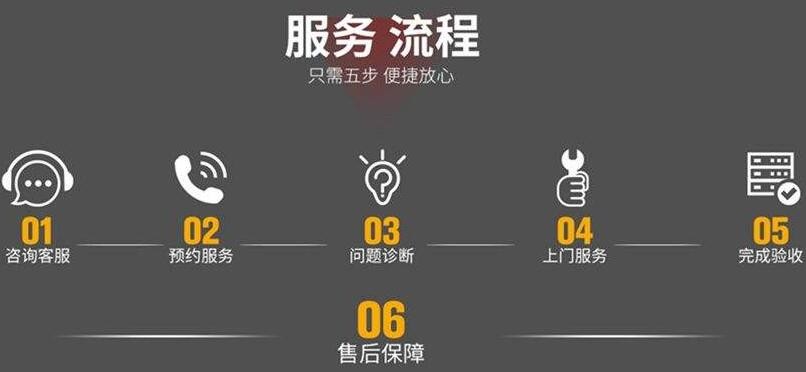In this article, we will discuss useful tips for shopping in English. Firstly, we will delve into the importance of basic English vocabulary and phrases for shopping. Secondly, we will explore the significance of understanding price and quantity expressions. Thirdly, we will discuss the necessity of being aware of common shopping terms and abbreviations. Lastly, we will emphasize the value of practicing conversational skills when navigating through a shopping experience in English.

When shopping in English, having a solid foundation of basic vocabulary and phrases is crucial. Firstly, it is essential to know how to greet salespeople and ask for assistance. Simple phrases like "Excuse me, could you help me?" or "Hello, can you show me where the fitting rooms are?" can go a long way in making your shopping experience smoother. Additionally, knowing common clothing items and their descriptions can help you communicate your preferences easily, such as "I'm looking for a red dress with short sleeves." Memorizing numbers and colors is also helpful when discussing sizes and options.

Furthermore, learning vocabulary related to paying for purchases is essential. Being able to ask for the price of an item, understand the response, and know how to pay are fundamental skills. Familiarize yourself with essential phrases like "How much does this cost?" or "Do you accept credit cards?" to facilitate your transactions. Additionally, knowing numbers and being able to understand prices will prevent confusion and potential misunderstandings.

Lastly, understanding basic conversational phrases allows you to negotiate and bargain, especially in market-style shopping environments. Learning expressions like "Is this the best price?" or "Can you give me a discount?" can potentially save you money and create a more interactive shopping experience.

Mastering price and quantity expressions is crucial when shopping in English. Firstly, it is important to understand different units of measurement and their conversions. Knowing how to convert between ounces and grams, or between inches and centimeters, can help you compare product sizes accurately. Understanding price per unit expressions, like "price per kilogram" or "price per liter," enables you to make informed decisions about which product offers better value for money.

In addition, being familiar with numerical expressions related to discounts is important. Knowing how to calculate percentages and understand phrases like "25% off" or "buy one, get one free" allows you to accurately assess the savings available. This knowledge is crucial when comparing prices and determining the best deals while shopping.

Lastly, understanding expressions related to currencies and exchange rates is vital, especially when shopping in a foreign country. Being aware of conversion rates and understanding phrases like "What is the exchange rate?" or "Do you accept foreign currency?" will help you make informed decisions and avoid any financial confusion.

When shopping in English-speaking countries, it is necessary to familiarize yourself with common shopping terms and abbreviations. Firstly, knowing the names of different types of stores is important. Understanding the distinction between a department store, a boutique, and a thrift shop will help you locate the right kind of place for your specific needs.

In addition, being aware of common store policies is crucial. Understanding terms like "return policy," "exchange policy," and "warranty" allows you to know your rights as a shopper. Reading signs and labels carefully, especially when shopping for food or health products, is essential to ensure you make informed choices.

Moreover, knowing common abbreviations used in shopping, such as "SALE" for discounted items or "BOGOF" for buy one, get one free, will help you identify special offers quickly. These abbreviations are frequently used in advertisements and promotions, so being familiar with them saves time and aids in decision-making.

While having a good understanding of vocabulary, phrases, and expressions is important, developing conversational skills is invaluable when shopping in English. Firstly, being able to understand and respond to salespeople's questions and suggestions allows you to receive personalized assistance. Engaging in conversations about the products, asking for recommendations, and expressing your preferences lead to a more pleasant and efficient shopping experience.

Furthermore, practicing polite and friendly conversational skills helps build a rapport with salespeople. Politeness and good manners go a long way in establishing positive interactions and could potentially lead to better service or even potential discounts.

Lastly, being able to understand and follow instructions is vital when shopping. Whether it's understanding the store layout, comprehending shopping procedures, or following simple directions, having strong listening and comprehension skills ensures that you can navigate through the shopping process seamlessly.

In summary, when shopping in English, it is important to have a solid foundation of basic vocabulary and phrases, understand price and quantity expressions, be aware of common shopping terms and abbreviations, and develop strong conversational skills. These tips will help make your shopping experience more enjoyable, efficient, and successful. Remember to practice and continue improving your English language skills to enhance your overall shopping experience.
标题:买东西的英语作文(英语购物小贴士)
地址:http://www.cdaudi4s.com/xinwen/116921.html

